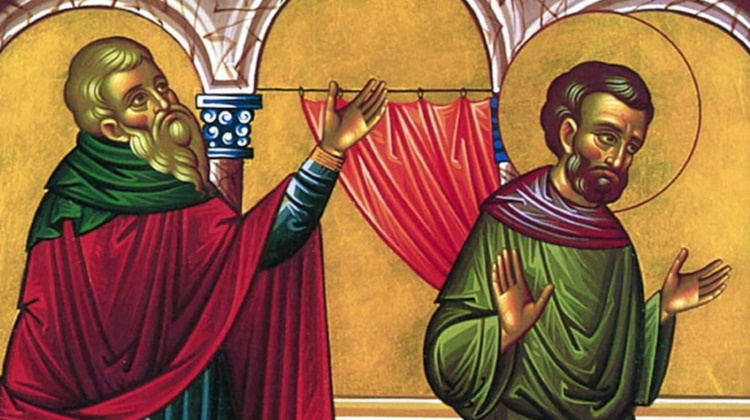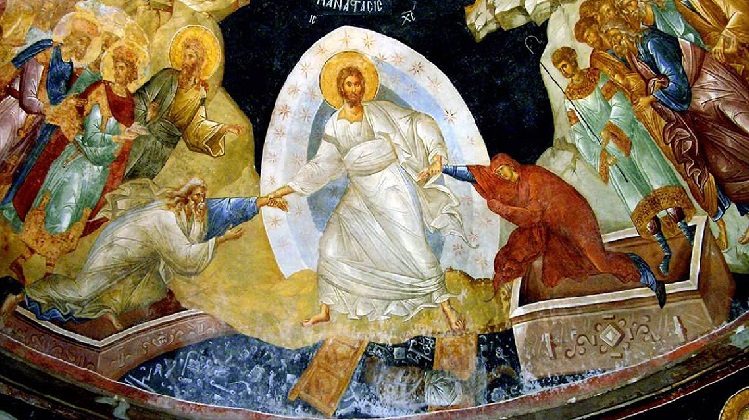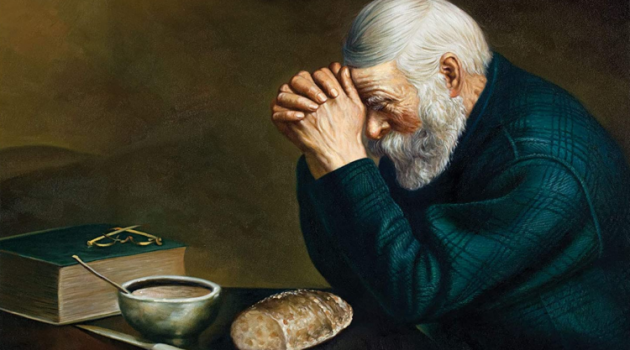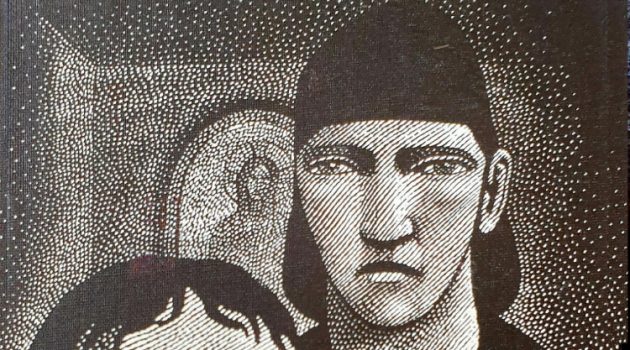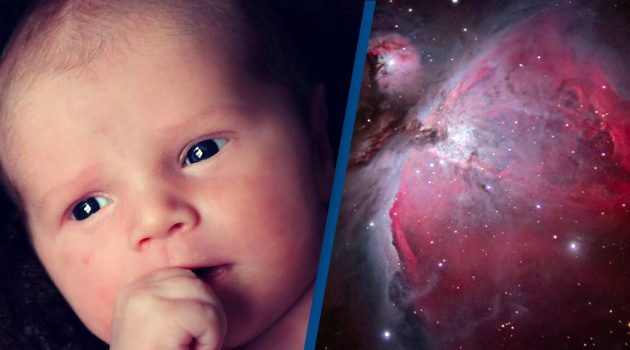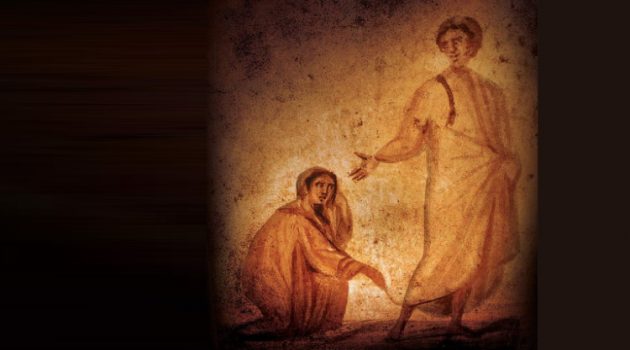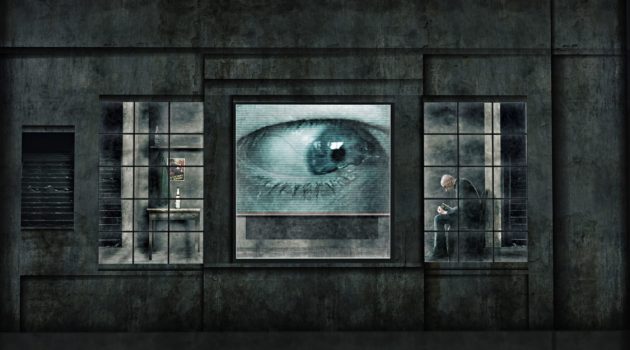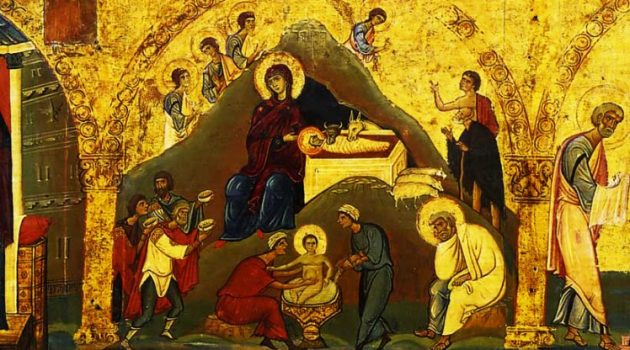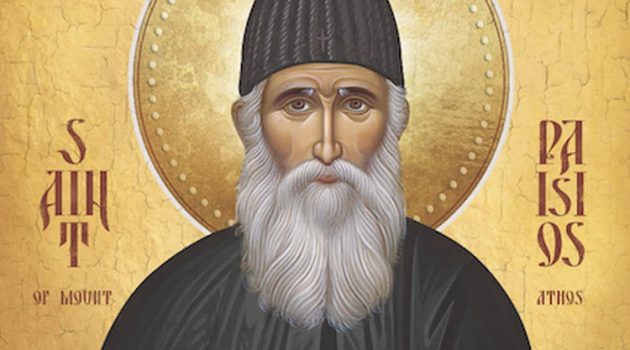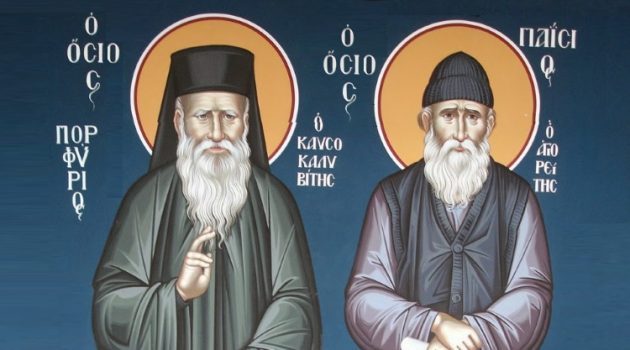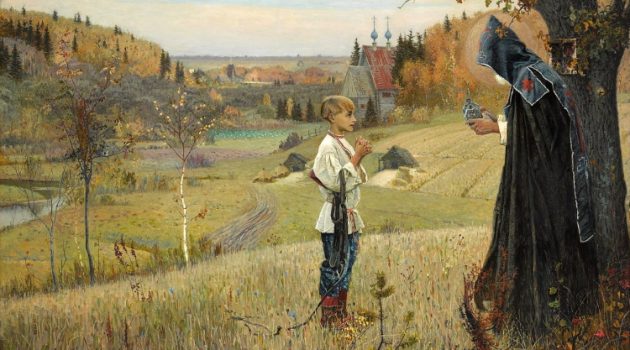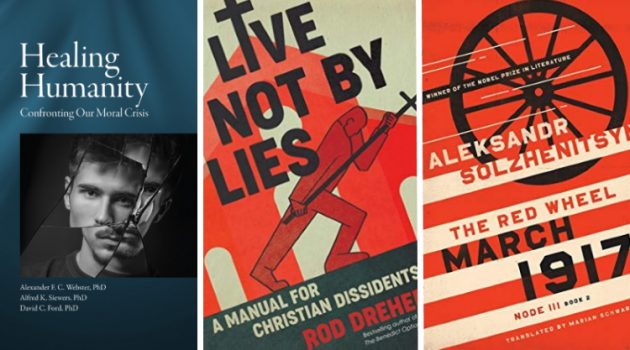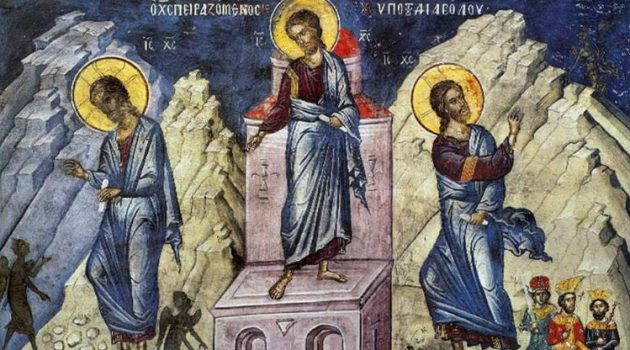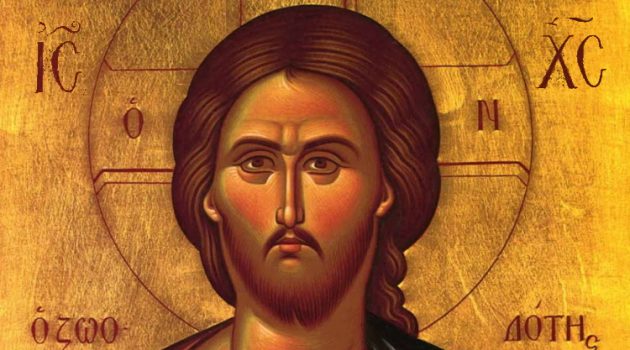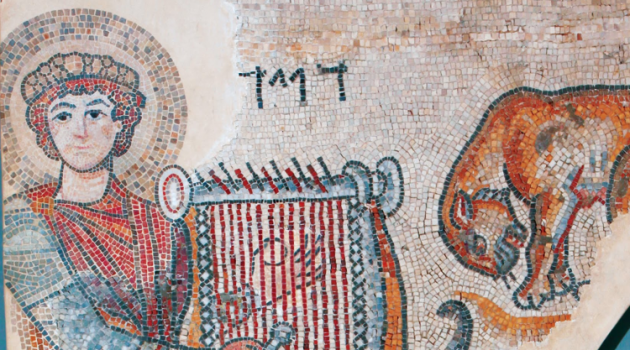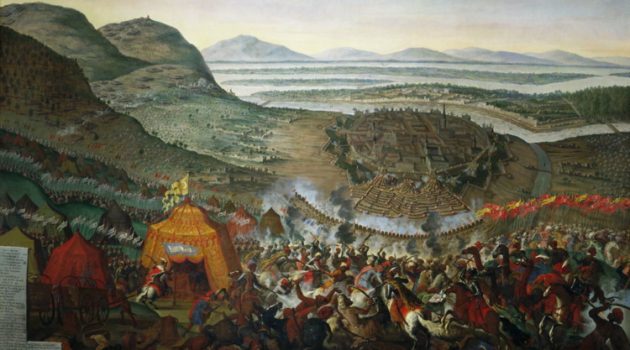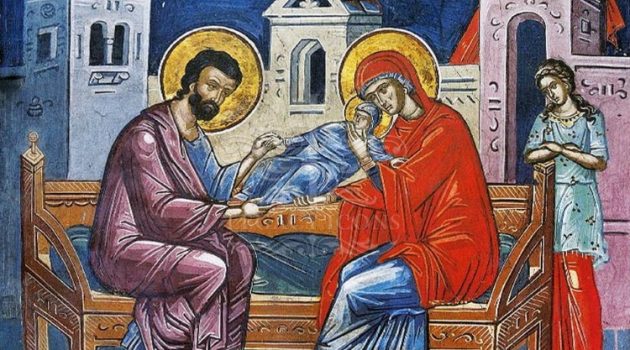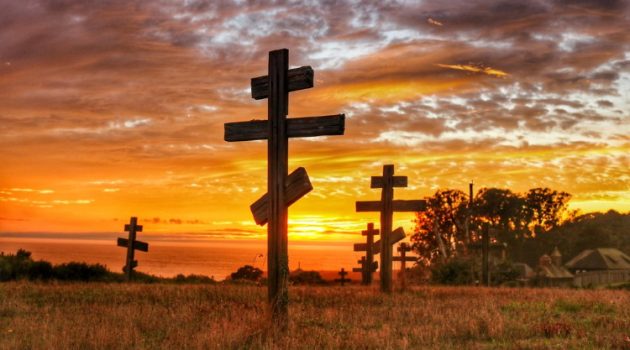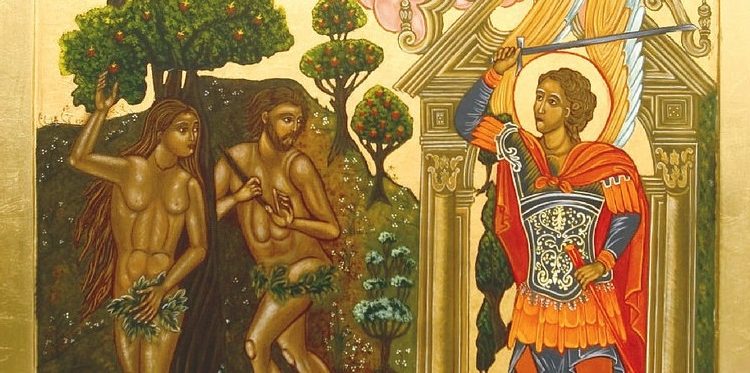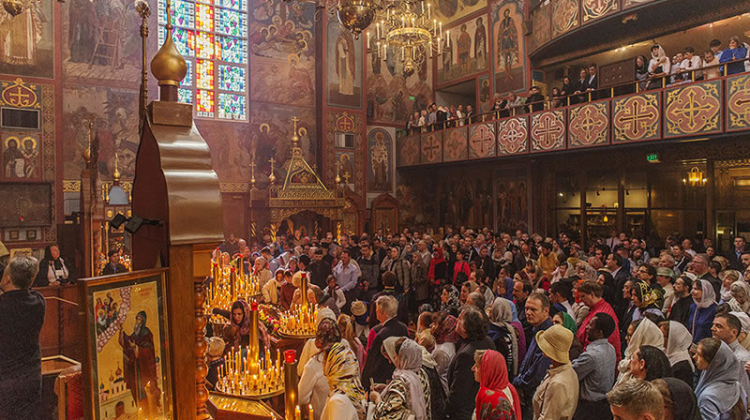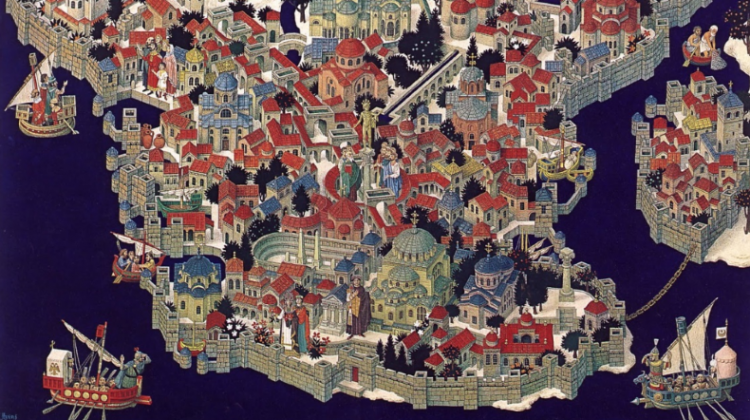“Not as the world gives, do I give unto you” (John 14:27). But does this promise of our Lord apply not only to His peace, but to other blessings as well. Could it be, for example, that the self-confidence of a Christian needs to be very different from the self-confidence that the world offers us? We endlessly seek approval from others, not just in direct interactions, but in poring over responses on social media, avid to fill ourselves up with positive appraisals and perceptions of ourselves by others.
However, we learn all too quickly that this kind of self-confidence is fragile and uncertain, and that it is sure to fail us when we need it most. But what if we looked in the opposite direction, seeking not to fill ourselves up but to empty ourselves out, to be humble, to be…nothing? This is precisely the prescription offered by Archbishop Christophoros in a sermon recorded in February 2019, on the Sunday of the Publican and the Pharisee (at the beginning of the Lenten Triodion) in the Greek Orthodox Archdiocese of Amman, Jordan.
